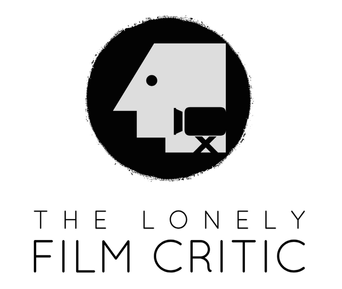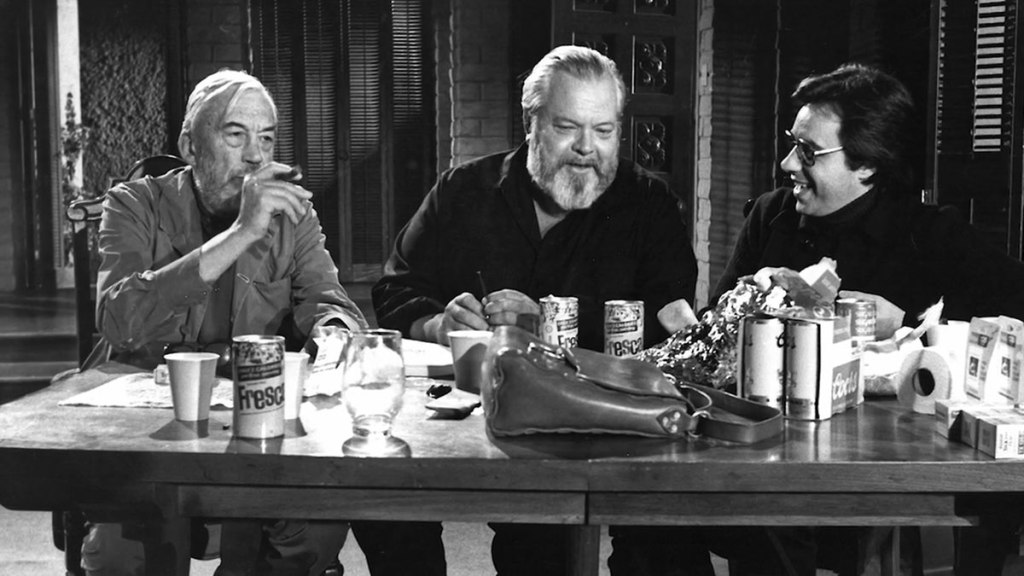I watched this before the 38-minute featurette A Final Cut for Orson, which is where all the details about The Other Side of the Wind’s restoration work are included. I wouldn’t have minded one long and comprehensive documentary about the film’s history, from inception to release. Neville’s documentary felt incomplete without documenting the many legal snares that kept the film from being completed in the years after Welles’ death, and I suspect Beatrice Welles and Oja Kodar are somewhat culpable for this. As both are featured here as interview subjects, I wouldn’t be surprised if they made Neville and his team agree to ditch anything that would paint them in a negative light in exchange for their involvement—and, if you know a bit about the film’s history, there’s quite a lot out there that would certainly leave a bad impression. So, rather than detail these particular hurdles, the documentary makes a short, broad statement that the process wasn’t easy.
Instead, Neville tries to shape this into something of a character study, probing the genius that was Orson Welles and trying to unpack all the contextual ephemera that explain why The Other Side of the Wind could not be finished in his lifetime. There are some generalizations into Welles’ filmography, and a lot of talking on his behalf (something that happens a lot in Neville’s other film from this year, Won’t You Be My Neighbor?). At times, it is too insistent for its own good, like when one of the talking heads sneers “bullshit” after a clip of Welles declaring that the film was not autobiographical. Some of the psychoanalyzing is also redundant, like trying to pair Welles’ go-to theme of betrayal with an unhappy childhood. All of it distracts from what this documentary should be about: the filming and fate of The Other Side of the Wind. If I need people to interpret Orson Welles for me, I can read the vast amounts of literature that already exists. Production footage of the film, and anecdotes from the surviving cast are much more difficult to access, and should have been prioritized.
What I do appreciate is the warmth of this piece. Something as simple as Rich Little doing a near-perfect imitation of John Huston, for instance, filled me with much joy, as did seeing all those clips of Welles at his most charismatic. That final clip of him laughing, and the anecdote of Huston choking up after seeing it, made me teary. It was also an honour to see Peter Bogdanovich speak so candidly about his friend and mentor. These are the kinds of moments I loved, and wanted more of.


